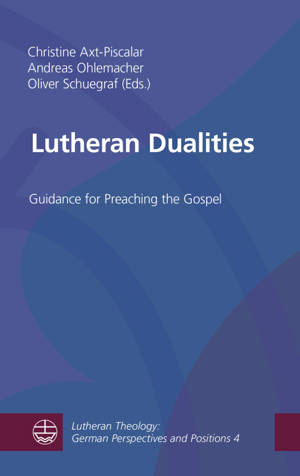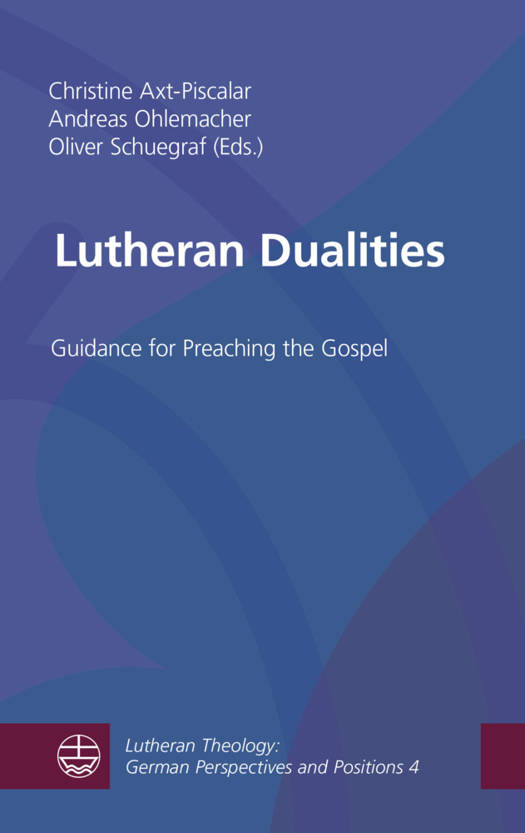
- Afhalen na 1 uur in een winkel met voorraad
- Gratis thuislevering in België vanaf € 30
- Ruim aanbod met 7 miljoen producten
- Afhalen na 1 uur in een winkel met voorraad
- Gratis thuislevering in België vanaf € 30
- Ruim aanbod met 7 miljoen producten
Zoeken
€ 8,95
+ 17 punten
Omschrijving
Week for week preachers are faced with the task of helping their listeners to read the Bible with its wide range of different texts. The so-called dualities of law and gospel, faith and works, old and new covenant, promise and fulfilment are a key to understanding these texts. They have long been taken in the Lutheran churches as an aid to understanding the Bible. However, they have often been misunderstood and in particular used as criticism of Jewish theology. This manual deals openly with this history of interpretation. It encourages a contemporary and critical approach to the dualities by describing their different theological backgrounds and illuminating their significance for the present. It explains how the dualities can encourage a lively preaching culture that combines theological understanding of the Bible with an interpretation that is suitable for the contemporary situation. The book was written in the context of the United Evangelical Lutheran Church of Germany and supplemented by a preface for the English-language edition.
Specificaties
Betrokkenen
- Uitgeverij:
Inhoud
- Aantal bladzijden:
- 112
- Taal:
- Engels
- Reeks:
- Reeksnummer:
- nr. 4
Eigenschappen
- Productcode (EAN):
- 9783374072095
- Verschijningsdatum:
- 26/07/2022
- Uitvoering:
- Paperback
- Formaat:
- Trade paperback (VS)
- Afmetingen:
- 122 mm x 9 mm
- Gewicht:
- 13376 g

Alleen bij Standaard Boekhandel
+ 17 punten op je klantenkaart van Standaard Boekhandel
Beoordelingen
We publiceren alleen reviews die voldoen aan de voorwaarden voor reviews. Bekijk onze voorwaarden voor reviews.










